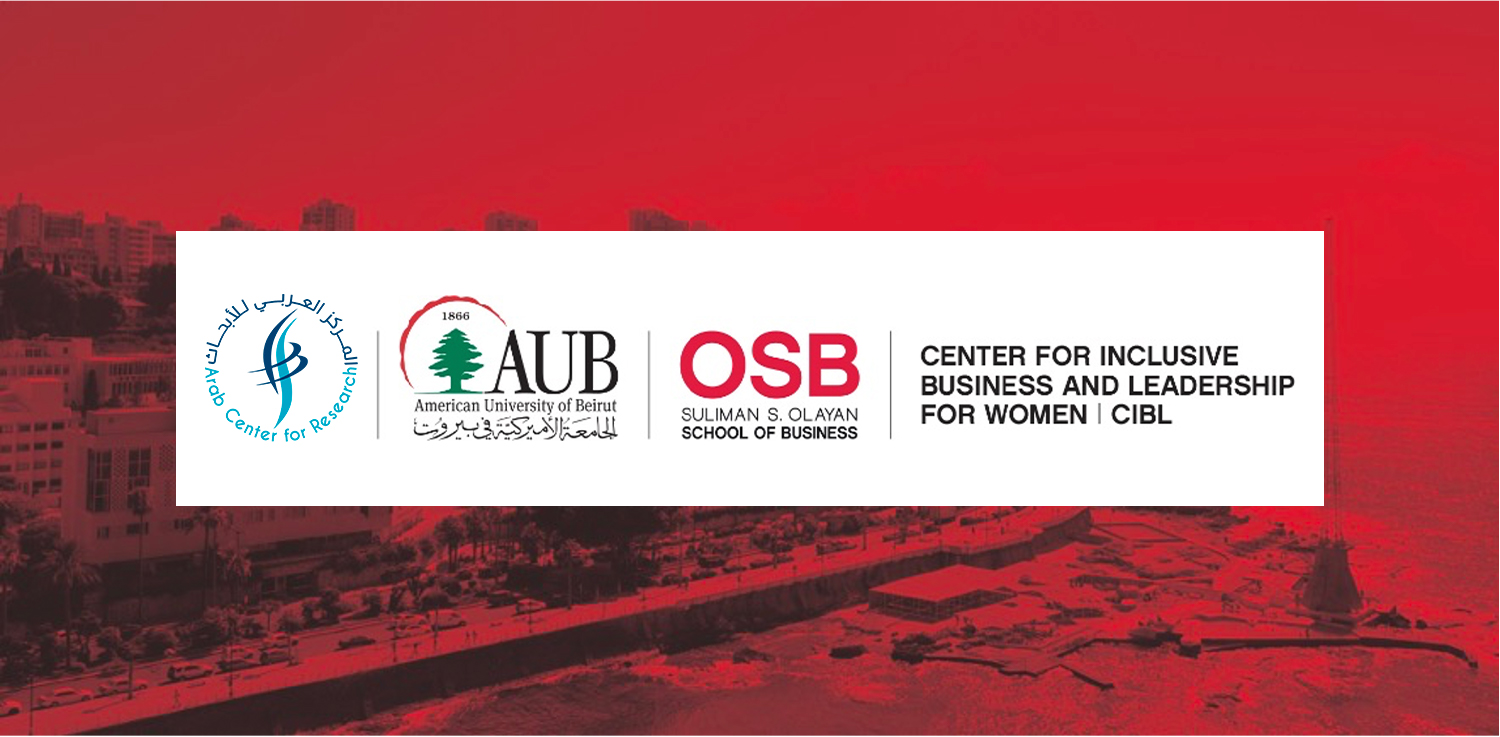
By Kathya Kenza Berrada
We are now nine months into the first declared case of COVID 19 in Morocco; the sanitary crisis has very rapidly been felt socially and economically in the country. Due to the precarious nature of the working ecosystems in which they generally operate, women have particularly been impacted by the outbreak of the COVID 19 with more job and salary cuts as well as more severe work-related insecurity and anxiety. The health crisis has indeed exacerbated existing system socio-economic fragilities and inequalities impacting women in Morocco.
Despite expressed political will endorsed by the official state institutions to ensure a fair redistribution of resources, the data reveal inequalities between men and women in term of access to education, primary healthcare and employment. Women participation in the workforce in the private sector is mainly concentrated in textile and agriculture and food industries, where the working conditions and remunerations are not in women advantage. In fact, wages inequality is more prevalent in private sector as compared to the public sector. Women working in the private sector are often paid at the minimum legal wage rate also known as SMIG in Morocco. As regards entrepreneurship, there is technically no discrimination between the two genders in terms of incentives and access to financing, yet women account for only small percentage of entrepreneurs in Morocco.
A confluence of historical and social elements account for this under representation of women in the workforce in Morocco. Yet, it should be noted that efforts have been deployed to tackle the situation from the legal perspective. The 2011 Moroccan constitution clearly outlines the commitment to ban all forms of discriminations, including those based on Gender. As such, the article 19 of the constitution emphasizes equality between genders. In addition, Morocco ratified the CEDAW (The convention on the elimination of all forms of discrimination against women) in 1981 and resigned from previous reserves on the convention in June 2011.
While there is today an abundant literature when it comes to women civil rights in Morocco, there is a real shortage in term of studies dedicated to women working conditions. Most of the available studies in this direction were conducted as first step of larger implementation projects by international donors such as the Millennium Challenge Corporation (MCC). A lack of information is also noted when it comes to human resources practices targeting women.
The Knowledge is Power (KIP) Index is the first indigenous organizational-level measure of the recruitment, retention and promotion of women, in formal sector employers across the Arab MENA region. This pioneering initiative led by the American University of Beirut tracks employer HR practices and policies as well as women’s lived experiences in 11 countries from which Morocco in order to provide insightful and concrete data about the participation in, and challenges faced by, women in the workplace.
The data and analysis included in the KIP Index will serve as the foundational reference for decision makers, human resource practitioners, and policy makers in both the public and private sector, to engage in evidence-based dialogue, in order to accelerate effective change in employer policies and to strengthen gender-inclusive workplace practices across the region. As the first regional data-driven index, the nuances and heterogeneity of the realities of women in the Arab MENA region’s economies will be captured and transformed into a measurable set of dimensions and benchmarks, to influence sustainable change.
The first edition of the KIP Index will be published in January 2021 while preliminary data from the interviews and focus groups will be presented in the coming weeks.
To know more about Morocco report on the KIP gender GAP index, you can contact Kathya Kenza Berrada from the Arab canter for research, the local KIP project partner for Morocco.